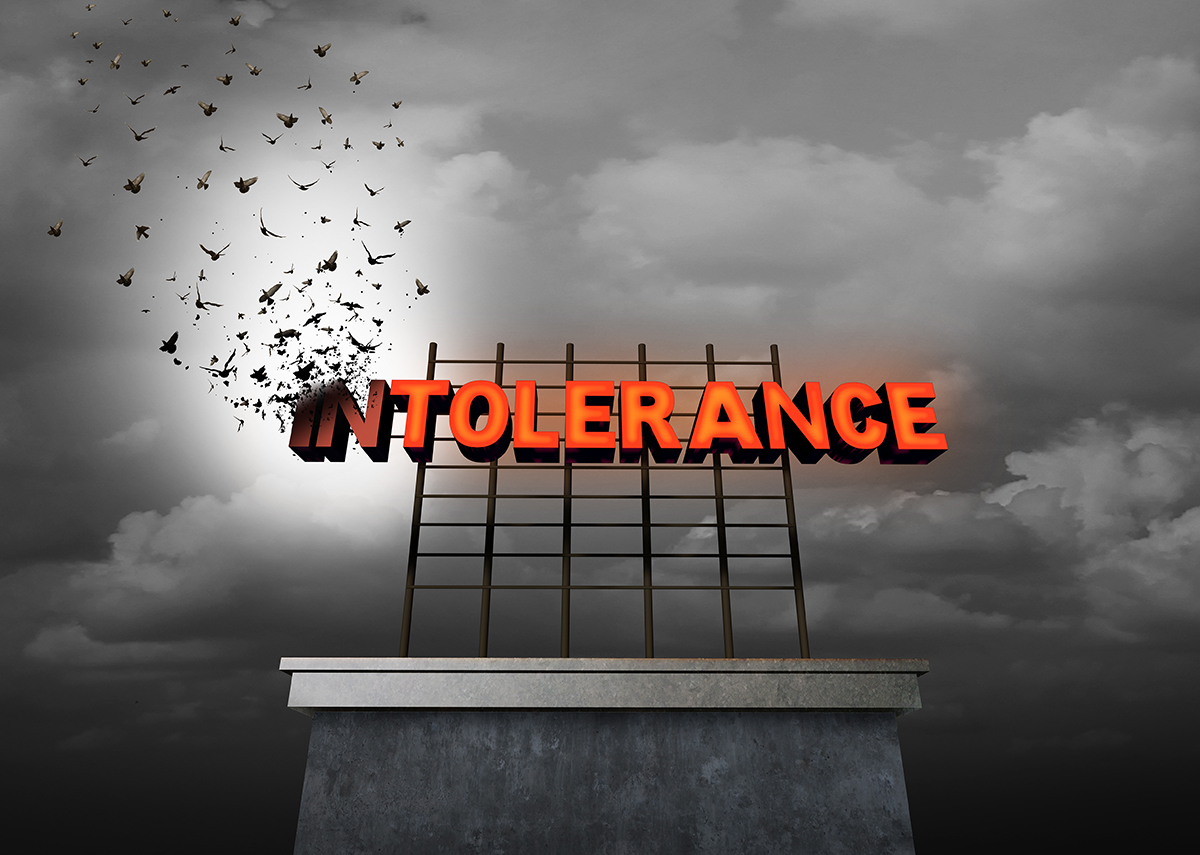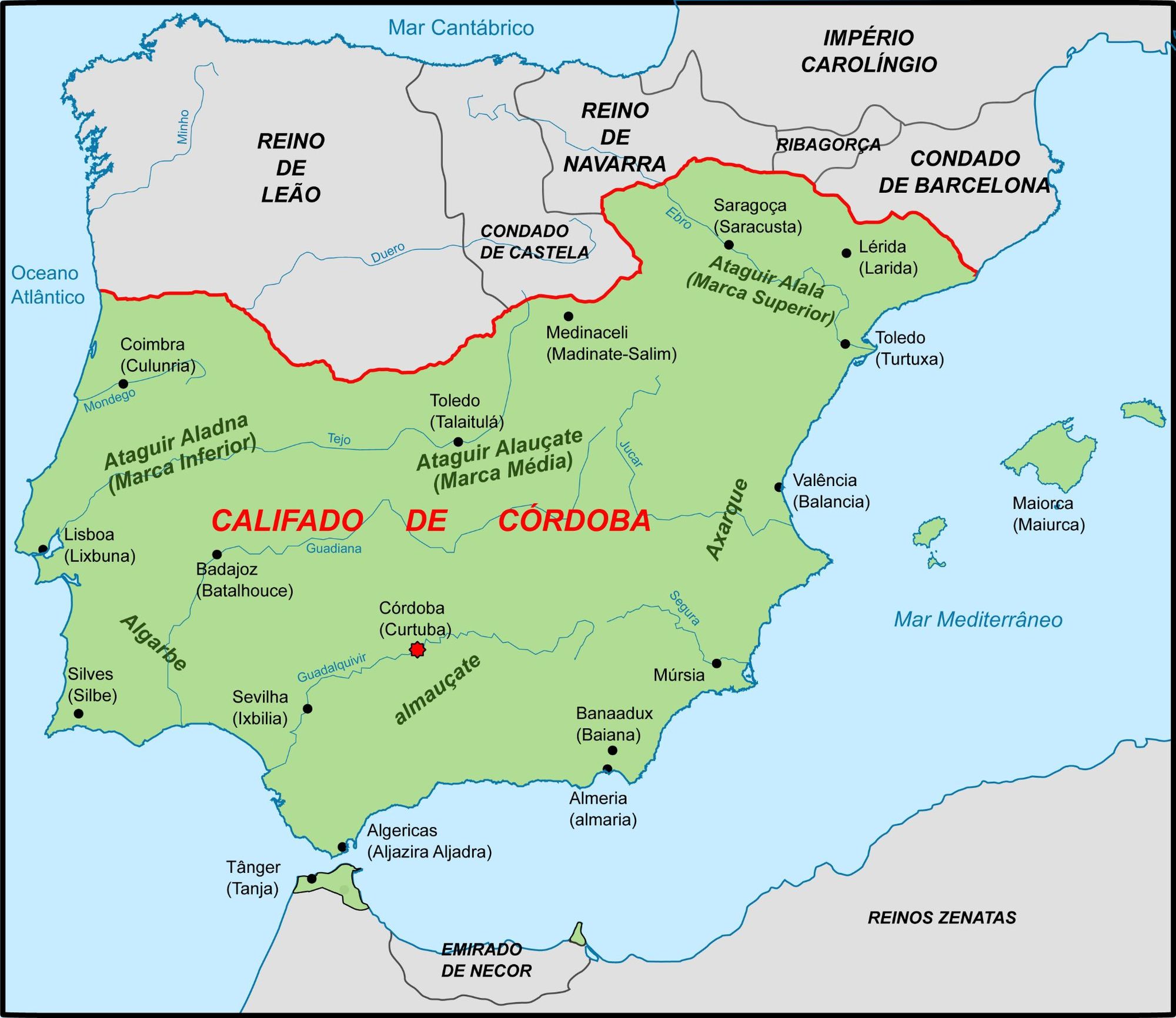Art and Culture
The Postmodern Misuse of Tolerance
The celebration of tolerance as an end in itself is a symptom of the shift from self-confident modern liberal democracies to the self-doubting postmodern ones.

Tolerance is central to the structure of the liberal democratic tradition, and traceable to its inception. If a change has occurred regarding its place in our moral universe, it is the sharp increase in the intensity with which it is invoked as a motivating principle by political leaders, social activists, and citizens. We might be tempted to rejoice in this development as testament to the good health of our institutions if, at the same time, other liberal values that used to be inseparable from tolerance were not being undermined. But this divergence indicates that people increasingly rely upon tolerance because other Enlightenment values such as reason, equality, and liberty have lost the power to inspire.
The Fear of Intolerance
For liberal societies beset by creeping anxieties about the value of their form of government, it is doubtful that this new emphasis on tolerance constitutes a net benefit. The celebration of tolerance as an end in itself is a symptom of the shift from self-confident modern liberal democracies to the self-doubting postmodern ones. Many of the groups that claim diversity and tolerance as their guiding principles, combine it with a more-or-less explicit rejection of liberalism. The great danger is that, increasingly, attachment to liberalism and tolerance are seen as incompatible and mutually exclusive, and this conviction is the result of a radical change in the understanding of what tolerance means.
By its very nature, tolerance has an ambiguous status amongst liberal values. People with diverging lifestyles cannot live together unless they qualify their attachment to the particular with a corresponding commitment to the universal values that help unify the wider society in which they live. They can only do so if they believe that the institutions responsible for organising a society’s collective life benefit everyone. But, lately, wariness of moral judgment has come to outweigh the quest for rational principles of universal justice. This development was tersely described by Allan Bloom on the first page of his introduction to The Closing of the American Mind:
There is one thing a professor can be absolutely certain of: almost every student entering the university believes, or says he believes, that truth is relative […] The danger they have been taught to fear from absolutism is not error but intolerance. Relativism is necessary to openness; and this is the virtue, the only virtue, which all primary education for more than fifty years has dedicated itself to inculcating. Openness—and the relativism that makes it the only plausible stance in the face of various claims to truth and various ways of life and kinds of human beings—is the great insight of our times. The true believer is the real danger. The study of history and of culture teaches that all the world was mad in the past; men always thought they were right, and that led to wars, persecutions, slavery, xenophobia, racism, and chauvinism. The point is not to correct the mistakes and really be right; rather it is not to think you are right at all.1

The theoretical stance of relativism, then, stems from a practical concern, and so should be judged on the basis of its practice. In that respect, it has widened rather than narrowed the gap between Western and non-Western societies to such an extent that we sometimes seem incapable of comprehending the moral environment in which certain communities evolve abroad, or in the midst of our own societies. Maybe then is it worth asking whether or not the practical concerns behind relativism – the fear of intolerance and exclusion – necessarily support its theoretical concerns. To answer that question, let us recall the circumstances in which tolerance was offered as a solution to the political predicaments of early modern Europe.
Tolerance and the State
Tolerance used to be understood to mean the endurance of a sufferance or imposition, and had nothing to do with moral disagreements. Of course, one can think of many instances of the past, both within and without the Western World, where people coexisted despite pronounced moral, religious, and cultural differences. But the mere fact of cohabitation doesn’t necessarily constitute an example of tolerance and people back then probably would not have understood it as such. This distinction is apparent from one of the most common examples of what people mistakenly call Ancient tolerance, the Islamic Caliphate of Córdoba.

The Islamic Caliphate of Córdoba, 929 to 1031
Jews and Christians were permitted to practice their faiths as Abrahamic ‘People of the Book’ by the Caliphs of Spain, but only so long as they acknowledged the ultimate truth of Islam by payment of tribute to the Caliph in the form of the jizya. This was not because faith was considered a matter of personal judgment, but because loyalty was better secured by fiscal and legal incentives than forcible conversion. But this did not make apostasy any more possible for a Muslim, nor did it affect the hostility of Sunni leaders towards Muslims of other sects, such as the Shia.
The notion of tolerance as the ability to set aside absolute moral standards and work out a collective path to coexistence began as a religious discussion. By the beginning of the 16th century, the political model of the Christian Kingdom, conceived as a community of salvation, was splintering under the weight of theological disagreements. The same fundamental questions upon which political unity had been based for almost a millennia were now the cause of civil strife. Such conflicts were intensified by an evolving understanding of religion from an external relationship between man and God in the form of worship to an internal conviction of faith. God was no longer the subject of a practical attitude (love or hate; obedience or rebellion) but the object of personal judgment: “Do I believe?” or “What do I believe?” And the possible answers to these questions were not, by their very nature, conducive to universal agreement.
Influential pre-Enlightenment thinkers such as Machiavelli and Hobbes who sought a means of making societies peaceful and coherent realised they could no longer rely on moral and religious doctrines. Firstly, because Christian morality had made political power weak and inefficient and, secondly, because the debates it had created were now the cause of disorder and division among its adherents. A new system of government thus had to be based on things which avoided the kinds of disagreement moral reflections could not overcome.
Whatever the basis of that new State, it needed to be neutral – that is, indifferent to moral questions, and to the conflicts they inevitably produced. It needed to shift its mission from a prescriptive definition of life (what the right life is) to the preservation of life, whatever that life may be and however it is lived. This led to the creation of a new distinction between morality and politics. But for that to happen, morality itself would need to be reshaped to accommodate that separation.
The separation of the good from the common good isn’t natural. From the point of view of the moral individual, tolerance is bound to appear as the acceptance of evil. Machiavelli had advised the Prince to do evil when he must. Now, in a subtle way, the State was asking its citizens to tolerate what they perceived to be evil and heretical in others. But why should we accept evil?
This division of morality and politics grew from the separation of Church and State. But religious freedom also provided a space for the development of other freedoms. Because the correct path to salvation no longer fell within the purview of State power and authority, it created space for what would soon become civil society. Within that new arena, the ends and meaning of a wide range of human behaviour (religious or otherwise) would no longer be circumscribed by politics. The deliverance of the soul and the safety of the body now belonged to two different planes, which meant that pluralism of values was no longer an obstacle to the elaboration of common means of life. Even though ethical questions about contentious topics such as euthanasia and abortion would still sometimes require political mediation, their politicisation was no longer of such a nature as to threaten the existence of the State itself. Morality, deprived of State power, was offered new ground to produce unity on the limited level of each particular religious or political community. A cornerstone in that history is the Enlightenment philosopher Edmund Burke’s Reflections on the Revolution in France, in which he attempts “to combine the principles of original justice with the infinite variety of human concerns.”2
For Burke, particularism need not be hermetic. On the contrary, his interest in the variety of human behaviours is a product of his concern for “original justice” or “natural law.” The error of the French revolutionaries, he argued, wasn’t to cherish universal values, but to behave towards their people as strangers, sharing nothing but the cold calculation of general and empty norms. There could be no government on the basis of instrumental reason alone, he went on, because self-interest can do nothing without trust, and there is no trust without love. And we do not love things because they are rational, but because they are our own.
Human societies cannot function properly if their individual constituents do not know one another. And they cannot know one another without sharing common objects of affection (territory, manners, language, images and so on). The universal principles that inform our institutions can only become efficient tools of government if we transform them into an extension of our own.
That, for Burke, is accomplished by shared identity, by common prejudices, without which reason would become either powerless or tyrannical. The principles of our government – liberty, equality, the rule of law, and so on – can only successfully organise and pacify our collective life if we accept them as a community, rather than as isolated ahistorical, self-interested individuals. State building is inseparable from nation building.
The Postmodern Misuse of Tolerance
While appearing to speak in the name of liberal values and social norms, the rhetoric of tolerance is often used today by those who want to deny their universality.
Following the murder of 12 people at the offices of French satirical publication Charlie Hebdo in January 2015, an alarming number of people claimed that the magazine should have been sensitive to Islamist blasphemy doctrines. For these critics, individual liberty, freedom of expression, and even personal security from lethal violence, were subordinate to the need to respect cultural difference.
Modern tolerance was paradoxically conceived as an instrument of separation (of Church and State) in the name of unity (of society). By separating the social and political spheres, it preserved the State from the divisions of society and social agents from the threat of State power. Freed from the fear of State coercion and violence, individuals could judge for themselves whether or not they agree with the publicly expressed opinions of others.

Postmodern tolerance is used as an instrument of confusion, in order to impose the recognition of difference on social agents using state power. The assumption behind this move is that society isn’t a realm of individual freedom, but a pyramid of domination which benefits an elite. In such a situation, equality of rights is threatening. To protect the oppressed it is not sufficient to grant them the right to express difference – the State needs to silence those deemed to be oppressors. This rationale is expressed by gender theorist Judith Butler in the following way:
To be oppressed means that you already exist as a subject of some kind, you are there as the visible and oppressed for the master subject. […] For to be oppressed one must first become intelligible. To find that one is fundamentally unintelligible (indeed, that the laws of culture and language find you to be an impossibility) is to find that one has not yet achieved access to the human. It is to find oneself speaking only and always as if one were human, but with the sense that one is not.3
The implication behind this characteristically abstruse prose is that, without radical reform of language and culture, the oppressed will remain invisible and something less than human. Liberation requires, not only the rights to self-assertion (living one’s life as one sees fit) and self-expression (being one’s own representative) secured by liberal institutions, but also the adoption of new codes of speech and conduct by everyone else. Moreover, since oppression may be invisible to the oppressed, they need to be informed of their condition before committing to the struggle for emancipation. But informed by whom, if not those, like Butler, who already see democratic societies as systems of oppression?
Catholics and Protestants didn’t need to be told by academics that they were oppressed by one another. And the subsequent creation of the modern State didn’t require them to stop thinking of one another as heretics. Rather, it compelled them to put an end to sectarian violence as a means of punishing heresy. What Butler is asking of the alleged oppressor isn’t simply to refrain from violence, but to see in his opinions the cause of the another’s suffering. In this way, speech and opinion are redescribed as a kind of violence. Through the recognition of the oppressed identity, the oppressor admits to being the product, the agent, and the beneficiary of injustice, and acknowledges a debt to the oppressed. Instead of judging people regardless of identity, the State is consequently required to promote and protect some identities and condemn others.
This betrayal of the intended meaning of tolerance was made possible by a deliberate expansion of the definition of safety. Suddenly, tolerance was asked to encompass exactly was it was meant to exclude – beliefs individuals take to be moral wrongs on the basis of their own value judgments. The modern State was supposed to be concerned only with what people did, and not with what people thought or said. Its mission was to protect our physical safety and the security of our property, while leaving to individual judgment whether to agree or disagree with speech and opinions.
But by promoting a ‘performative’ conception of individual identity, ‘critical theorists’ and postmodern academics intend to blur that important distinction. If who I am cannot be distinguished from who I say I am (e.g. the gender or the religion with which I identify) then people who disagree with me are a threat to my very existence. Worse, this asks – or, ideally, compels – the State to either accept all such claims, or to assess their sincerity or insincerity (for example regarding access to public bathrooms). Not only is this an impossible task, it is precisely the kind of task the modern State was designed to avoid.
This is why tolerance, rightly understood, cannot be the blind cultivation of difference. What allows many different people to share in a society’s collective life, regardless of their particularities, is also what makes the rules of this collective life applicable elsewhere. Universalism and liberty are tied together. The rejection of political neutrality destroys the very basis on which tolerance was conceived and cultivated; not as something worth pursuing in itself, but as a value that can only be enjoyed in relation with others.
Alexis Carré is doing a PhD at the Ecole Normale Supérieure in Paris. His work focuses on the question of War and Law in the dialogue between liberalism and the conservative revolution. In addition, he teaches political theory on the Euro-American Campus of Sciences Po Paris in Reims, focusing on liberal democracy and its enemies. Follow him on Twitter @Aliocha24
References:
1 Allan Bloom, 1987, The Closing of the American Mind, New-York: Simon & Schuster, p. 25.
2 Edmund Burke, Reflections on the Revolution in France, London: J. Dodsley, p. 141.
3 Judith Butler, 2004, Undoing Gender, New York: Routledge, p. 218.






